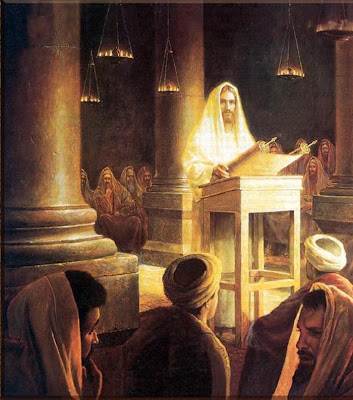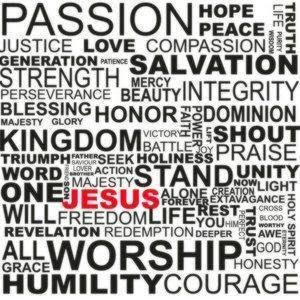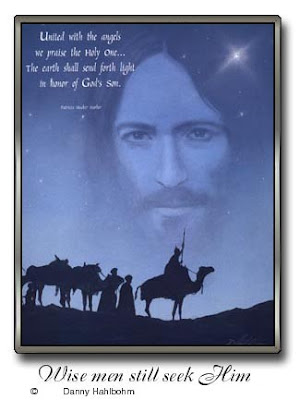
Isaiah 18
1 Woe to the land of whirring wings [a]
along the rivers of Cush, [b]
2 which sends envoys by sea
in papyrus boats over the water.
Go, swift messengers,
to a people tall and smooth-skinned,
to a people feared far and wide,
an aggressive nation of strange speech,
whose land is divided by rivers.
3 All you people of the world,
you who live on the earth,
when a banner is raised on the mountains,
you will see it,
and when a trumpet sounds,
you will hear it.
4 This is what the LORD says to me:
"I will remain quiet and will look on from my dwelling place,
like shimmering heat in the sunshine,
like a cloud of dew in the heat of harvest."
5 For, before the harvest, when the blossom is gone
and the flower becomes a ripening grape,
he will cut off the shoots with pruning knives,
and cut down and take away the spreading branches.
6 They will all be left to the mountain birds of prey
and to the wild animals;
the birds will feed on them all summer,
the wild animals all winter.
7 At that time gifts will be brought to the LORD Almighty
from a people tall and smooth-skinned,
from a people feared far and wide,
an aggressive nation of strange speech,
whose land is divided by rivers—
the gifts will be brought to Mount Zion, the place of the Name of the LORD Almighty.
Footnotes:
Isaiah 18:1 Or of locusts
Isaiah 18:1 That is, the upper Nile region
In Genesis 2, we are told the Gihon river begins the garden of Eden; it winds through the entire land of Cush. Biblically, Cush was the eldest son of Ham, brother of Canaan and the father of Nimrod, mentioned in the "Table of Nations" in the Hebrew Bible (Book of Genesis 10:6, I Chronicles 1:8).
Cush is considered to be Ethiopia. Ethiopia, archaeologically, is one of the oldest countries humanly populated on earth. Egypt was ruled by Ethiopia at one point and the territory was expanded, at one time, on Israel’s side of the Red Sea. Only oral history tells us that Solomon and the Queen of Sheba (Ethiopia) had a son together. The Scriptures report the Queen of Sheba returned understanding God was greater than Solomon's wisdom. Her gifts, God given, would be for living her life in a renewed knowledge of God as the Almighty. Jesus records saying the Queen of Sheba will rise up in the end days as one walking in His paths, seeking His redemption and His Holiness. Ethiopian history, concurs, shows Semetic language during the bronze age.
Cush is told fighting against Israel - will be the country's destruction by Isaiah, Jeremiah.
Although Zephaniah may speak of the unique Ethiopian Orthodox Church. 3:10
From beyond the rivers of Cush my worshipers, my scattered people, will bring me offerings.
Historically, reading between Isaiah chapter 17 -18, Isaiah is telling messengers from Cush, visiting in Judah, their homeland is involved in war since they left Cush.
Josephus, tells us historically, at the time of Jesus, the nation of Cush is considered to be the son of Ham and grandson of Noah: "For of the four sons of Ham, time has not at all hurt the name of Cush; for the Ethiopians, over whom he reigned, are even at this day, both by themselves and by all men in Asia, called Cushites." (Antiquities of the Jews 1.6).
Today, we can look at Isaiah 18 and see a time of trouble. The first verse is locusts to some biblical interpreters, the wings are war to others. This time is known and commented by the whole world. But God assures us, He is involved. He is the brightest light in good circumstance and He is the rest looked for when life is difficult. Even in adverse times, good things and good memories are made. God doesn’t ask us to curl up into a little ball. We are told in Isaiah, God asks us to use our gifts to His glory. Our country learned in the last century: when people give to each other, fear is conquered and hope returns.
<><













































































